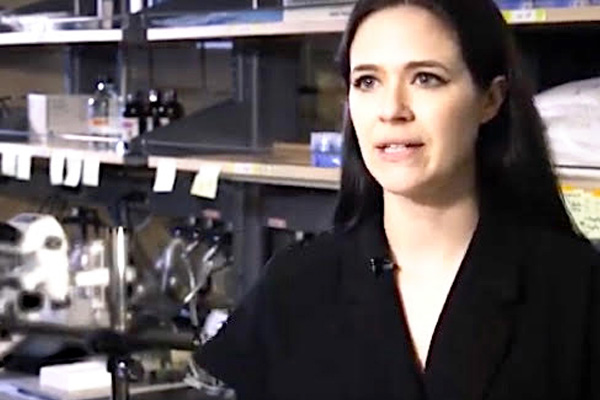Easy Does It –
Feb. 8, 2019 – Erin Calipari, an assistant professor of pharmacology in the Vanderbilt Center for Addiction Research, points out that women represent a particularly vulnerable population, with higher rates of addiction following exposure to drugs, but addiction studies have primarily focused on the mechanisms underlying these effects in men. Her study found that, when fertility-related hormone levels are high, females learn faster, make stronger associations to cues in their environment and are more prone to seek rewards. “Women becoming addicted to drugs may be a fundamentally different process than men,” Calipari said. “It’s important to understand this, because it’s the first step in developing treatments that are actually effective.”
The next step, she said, would be to figure out specifics of how hormonal shifts affect women’s brains and, ultimately, develop medications that could help override those. But long before those future medications are available, treatment centers could use the information in this study to educate women about their stronger mental connections to places and objects. That may mean a higher chance of relapse just by, for example, visiting a place where they used drugs or holding the kind of spoon they used in the process.



